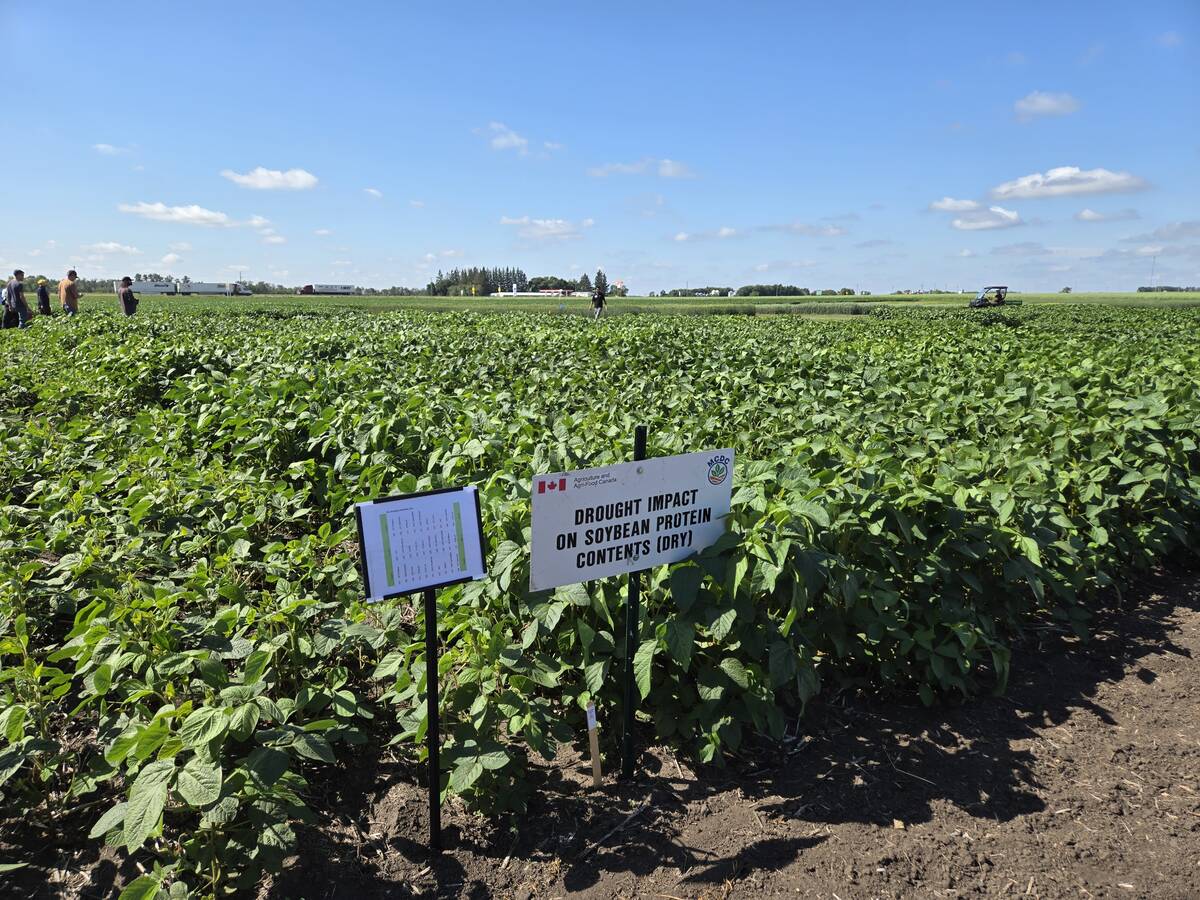REGINA – Three Saskatchewan men have died servicing water wells in the past few years.
That’s three too many, as far as the province’s occupational health and safety office is concerned.
Dave Ogram, occupational hygienist, said workers in wells can be overcome by too much hydrogen sulfide (“rotten egg” gas), or too little oxygen in just two or three breaths.
“In borderline cases you can manage but it’s so risky,” Ogram said.
Farmers should hire trained people to service water wells, he said, rather than attempting the job themselves. But everyone needs to be careful.
Read Also

Carberry field day looks for agriculture solutions
Manitoba farmers explored research solutions for resilient crops, perpetual agronomic issues and new kinds of agricultural products at a field day at the Manitoba Crop Diversification Centre in Carberry on Aug. 6.
In one case, Ogram said a plumber descended a ladder two metres into a well when he felt dizzy. He called for help and by the time the other plumber looked in the well the first man had collapsed. Only by taking a deep breath of fresh air, hoisting the unconscious man up one rung, going back to the fresh air for another breath, then returning to move the man another rung, did the second plumber manage to save the first.
Ogram said common sense is the way to avoid tragedy.
“Don’t go down the well if there’s any other possible way to do the job,” he said.
A filter that needs cleaning could be pulled up, cleaned and lowered back down, he said.
If it is absolutely necessary to go into the well, fresh air should be blown down to the bottom continuously until the work is done. Workers should be attached to a rope or lifeline attended by another worker at the top.
“Ninety-nine out of 100 times nothing happens,” Ogram said. “But there have been times when one person has been overcome and his friend goes down to rescue him and dies down there too.”
Saskatchewan’s occupational health and safety regulations require that all types of confined spaces be evaluated for hazards before entry.
If a hazard is identified, an employer must prepare and implement a written procedure to protect workers. Employers can be fined if regulations are not followed.
The oxygen and hydrogen sulfide content of wells should first be measured at several depths. If the oxygen content is less than 19.5 percent or any hydrogen sulfide is present, fresh air should be pumped in.
Ogram said companies which service water wells should have meters to check the air.
Saskatchewan’s occupational health and safety office has a toll-free line where people can get additional advice: 1-800-567-7233.















